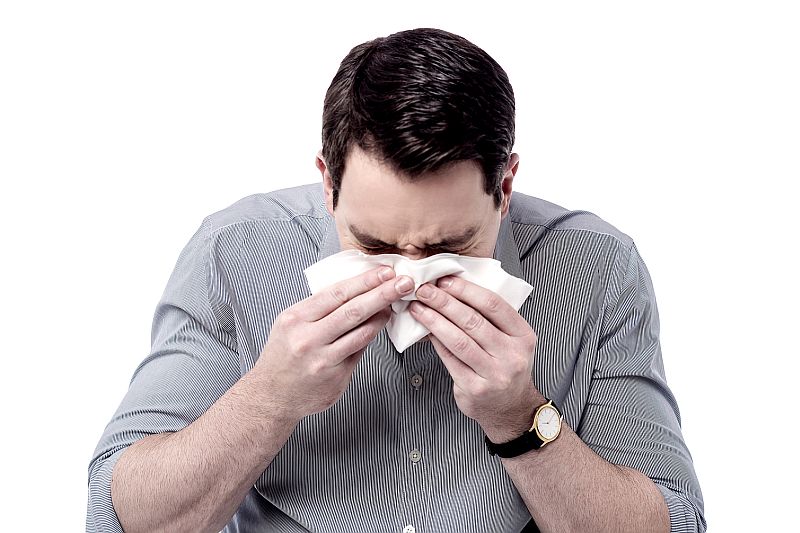
The mild winter in many parts of the United States looks like it could mean an early and severe allergy season, a physician says.
“For weeks, I’ve had patients arrive in my office with complaints of allergy symptoms,” said Dr. Jennifer Caudle, a family physician with Rowan University School of Osteopathic Medicine, in Stratford, N.J.
During spring, tree pollen and mold are the primary allergens. With the mild winter, mold spores in the environment could continue to grow and spread rather than go dormant, Caudle said. Also, trees are starting to bloom in many parts of the United States, in some cases weeks before they normally do, she added.
“The good news is that only a relatively small number of tree species produce pollen that can cause an allergic reaction,” she said in a university news release. “The bad news is that trees are prolific pollinators and their pollen is light enough to travel many miles on the breeze. So, regardless of where you live, you could be affected.”
When you inhale an allergen, such as tree pollen, the body releases chemicals that can cause nasal swelling, itchy eyes, scratchy throats and excess mucus production, she explained.
Over-the-counter allergy medicines may be enough to control symptoms. “It’s wise to take them at the first signs of allergies — actually, taking them before allergies start is best,” Caudle said.
Prevention is also crucial, she said, and offered several tips.
Stay inside during the early morning when trees release pollen, keep the windows of your house and car closed, and also close your car’s fresh air vent.
Also, consider washing your hair after coming in from outside, particularly in the evening to keep pollen off your pillows.
Don’t let pets that have been outside sleep on your bed, and have people take off their shoes when they enter the house to avoid spreading pollen inside, Caudle said.
Her other suggestions: Don’t hang clothes outside to dry; vacuum carpets at least twice a week, and change heating and air conditioning system filters often.
More information
The American Academy Allergy, Asthma & Immunology has more on outdoor allergies.
Source: HealthDay

Leave a Reply